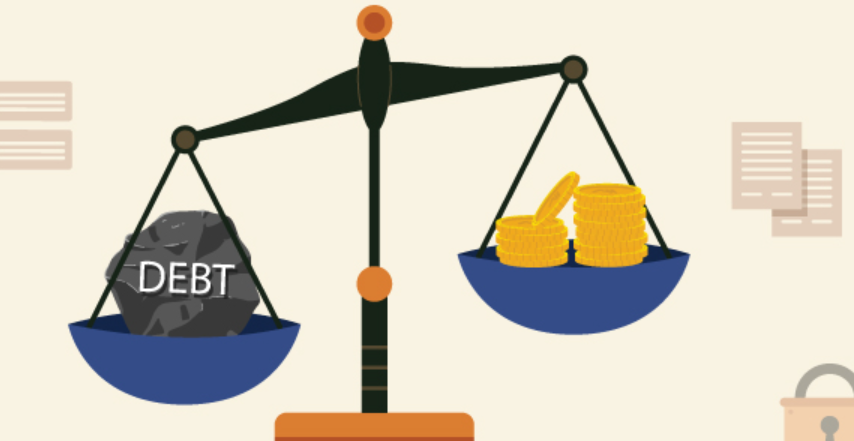Debts are a common aspect of everyday life for the average UK citizen. Between student loans, mortgages, business loans, payday loans and even car financing, many of us have multiple debt sources – debts which can add up to a monumental cost burden. Repaying debt is harder now than ever, with large thanks to the average wage getting stretched ever-thinner. What are some simple ways to make repaying debt simpler in trying times?
Careful Budgeting
Budgeting is necessarily a central part of any debt repayment process. In order to have the funds required to pay off your debts, you need to be saving enough each month to cover at least the interest owed. This means taking stock of your financial situation, and ensuring that money is placed to one side each month. Youd might need to make some difficult decisions regarding what you can afford; an automated direct debit into a savings account can make the process easier for you.
Debt Consolidation
One fundamental way to control the shape and size of your debt burden is consolidation. If you have multiple debts to your name, chances are they bear little resemblance to one another. They might all have different repayment terms, and carry different rates of interest – making it hard for you to pay one off without seeing another accrue more value.
A debt consolidation loan combines all your debts into one central debt, with one rate of interest; it does this by paying off your existing debts, and homogenising them under one lender. This makes repayments simpler, and reduces the pressure caused by imminent action from other, predatory lenders.
Priority Repayments
In situations where your debts are manageable enough not to require consolidation, you will still need to spend some time thinking about your financial priorities. Some debts will require swifter payment than others, on account of the difference between certain repayment and interest agreements as well as the time that has passed since taking out the loan.
If a debt threatens to pass its 0% threshold sooner than another, then that one would likely be a priority debt to pay off. Longer-term debts like mortgages, meanwhile, could be treated in a more relaxed manner. Where other shorter-term debts take priority, mortgage payments could be reduced to the minimum monthly repayment expected by the mortgage lender, without impacting your savings or credit score accordingly.
Expert Advice
An extremely important thing to remember about personal finance, and about financial situations in general, is that there is no singular debt experience. Everyone’s story is different, and as such different savings or repayment strategies are likely to work differently on a case-by-case basis.
With this in mind, and if you are feeling overfaced by the prospect of engaging with your own unique financial situation, the advice of a knowledgeable third party can be indispensable in charting a course back into the black. Debt charities exist that can help figure out debt priorities and consolidation, while Citizen’s Advice is an excellent resource for pointing you in the right direction for financial assistance.








